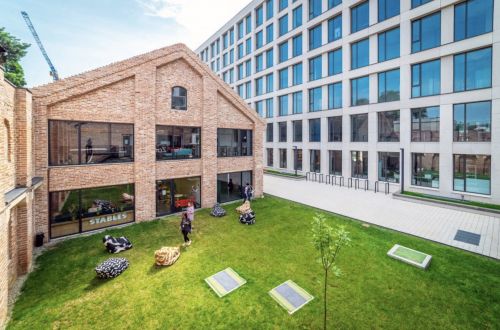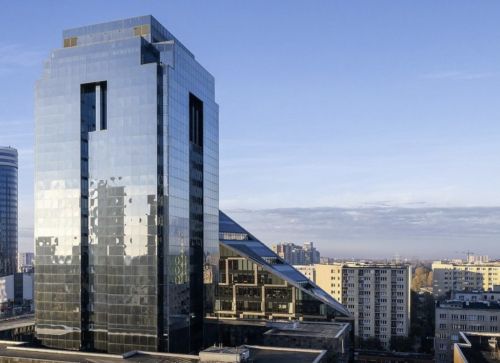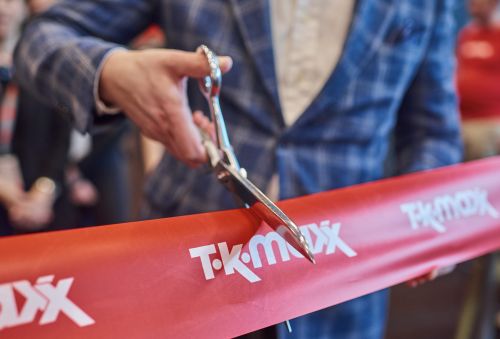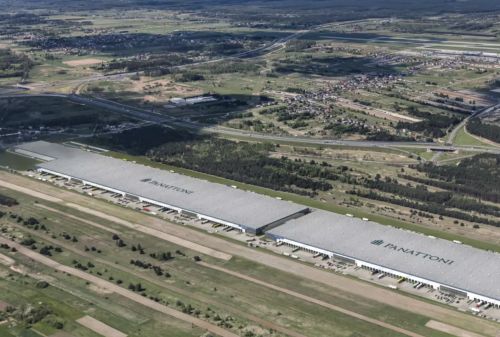Every year a few European cities simultaneously become the same capital - a European Capital of Culture, to be precise. Could such a title do for the cultural infrastructure and the international profile of a city what upcoming events such as Euro 2012 are doing for their host cities?
Mladen Petrov
Over 1,500 events visited by more than 1.5 mln guests and one shut down website. In 2009 Vilnius, together with Linz, became the European Capital of Culture (ECOC). Thus Vilnius also became the first city from an EU 10 country to host this large-scale event. Prior to this, only Prague and Kraków had been given such an opportunity, in 2000, when due to the significance of the year nine cities were designated as ECOCs.
Greek historyIn 1985 Athens was chosen to be the first ECOC. So far more than 40 cities across Europe have been bestowed with this honour by the Council of Ministers of the European Union, and there are many more to come. Last year Pécs shared the title with Istanbul a




























































